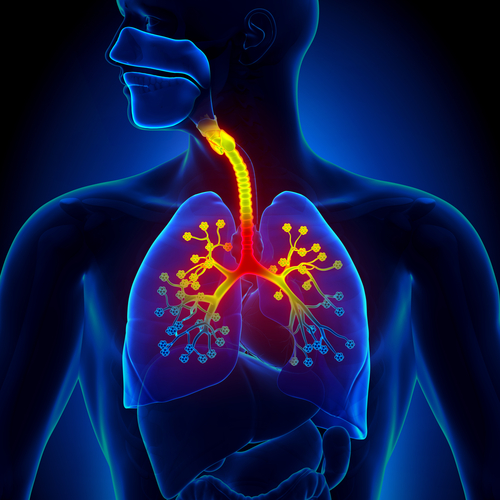The rate of respiratory disease among adolescents and older adults increases day by day. Several factors can cause this disease, including exposure to cold air, stress, and pollution. In addition, some people may also be genetically predisposed to developing certain respiratory diseases.
The most common respiratory disease is pneumonia, a serious infection
in one or both lungs. Pneumonia occurs when bacteria or viruses invade
the lungs and cause an infection. In most cases, pneumonia is caused by
inhaling something that has been contaminated with germs from someone
else’s coughs or sneezes.
However, there are also some ways to reduce the risk of getting respiratory disease. One way is by making sure you get enough exercise each day. Exercise helps boost your immune system and increase blood flow throughout your body. It also helps keep your lungs healthy by making them stronger and more flexible to work better when you need them to do so. Also, some of the studies suggest that adequate levels of iron and other nutrients in the body can help alleviate the risks of respiratory diseases. Hence, it is indispensable to take liquid iron supplements if your iron level is not upto the mark.
In this article, we are going to talk about the six causes of respiratory diseases in detail.
Let’s begin without any delay!
- Allergens
Allergens in the air can cause asthma, hay fever, and other allergic conditions such as rhinitis and conjunctivitis. The most common allergens include pollen from trees, grasses and weeds, pet dander (from cats and dogs), house dust mites, mold spores, and certain types of food.
- Air Pollution
Air pollution is caused by gasses, particulates, or both in the air. These include sooty smoke from factories and power stations, sulfur dioxide (SO2) from coal-fired power stations, nitrogen oxides (NOx) from vehicle exhausts, carbon monoxide (CO) from incomplete fuel burning, ozone formation, and volatile organic compounds (VOCs) produced by paints, radioactive materials such as radon gas.
Air pollutants can pique airways, which leads to breathlessness, chest pain, and coughing.
- Tobacco Smoking
Tobacco smoke contains several cancer-causing substances, such as benzene and nitrosamines. In addition, if you smoke cigarettes regularly, you’re more likely than nonsmokers to develop the chronic obstructive pulmonary disease (COPD), which includes emphysema. Apart from this, passive smokers are also at risk of developing several respiratory diseases. So, stop smoking today to prevent yourself as well as your loved ones from lung and kidney infections.
- Infection
Infection is one of the most common causes of respiratory disease. Viruses or bacteria often cause this. Viruses cause most cases of the common cold. Bacteria that live in our noses and throats can also cause infections that lead to coughs, congestion, and fever. Respiratory infections include the flu, colds, and sinusitis. These infections are caused by passing from person to person through droplets that become airborne when an infected person coughs or sneezes.
- Autoimmune Issues
Autoimmune disorders occur when your body’s immune system mistakenly attacks healthy cells instead of foreign invaders such as bacteria or viruses. Autoimmune disorders include lupus, rheumatoid arthritis (RA), and multiple sclerosis (MS). These conditions can cause chronic inflammation in your airways, leading to problems breathing or swallowing. In addition, some people with autoimmune disorders have an increased risk for asthma or COPD (chronic obstructive pulmonary disease). Asthma is a chronic condition that causes wheezing, coughing, or shortness of breath.
- Genetic Problems
Some people are born with genes that make them more susceptible to certain infections than others who aren’t predisposed to them genetically. For example, suppose one parent has a genetic predisposition toward asthma or COPD. In that case, their child will likely have it when they’re exposed to factors that trigger these diseases. Likewise, cystic fibrosis is the most common inherited disorder that affects the lungs and digestive system, while congenital heart defects are among newborns’ most common congenital conditions.
Wrapping Up-:
That was all about the major reason behind developing respiratory disease. But don’t be a bundle of nerves if you have any symptoms of a respiratory problem. Instead, visit the best physician in your area, keep the focus on nutrition, and start taking liquid iron supplements.
Originally Published at 6 Key Causes of Respiratory Disease That Shouldn’t Be Ignored




Post a Comment